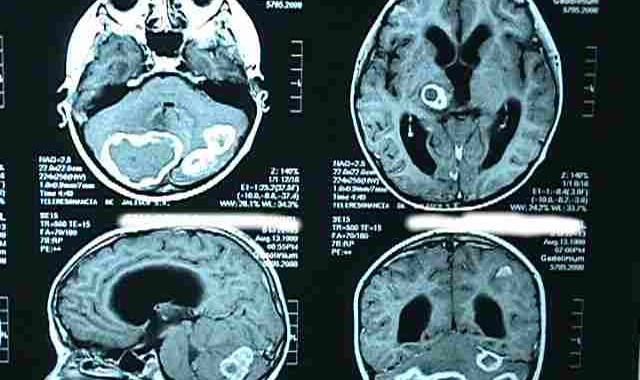
Neurology is a medical specialty dealing with disorders of the nervous system. To be specific, neurology deals with the diagnosis and treatment of all categories of conditions and disease involving the central and peripheral nervous system; or, the equivalent meaning, the autonomic nervous systems and the somatic nervous systems, including their coverings, blood vessels, and all effector tissue, such as muscle.
During a neurological examination, the neurologist reviews the patient’s health history with special attention to the current condition. The patient then takes a neurological exam. Typically, the exam tests mental status, function of the cranial nerves (including vision), strength, coordination, reflexes, and sensation. This information helps the neurologist determine whether the problem exists in the nervous system and the clinical localization. Localization of the pathology is the key process by which neurologists develop their differential diagnosis. Further tests may be needed to confirm a diagnosis and ultimately guide therapy and appropriate management.



























